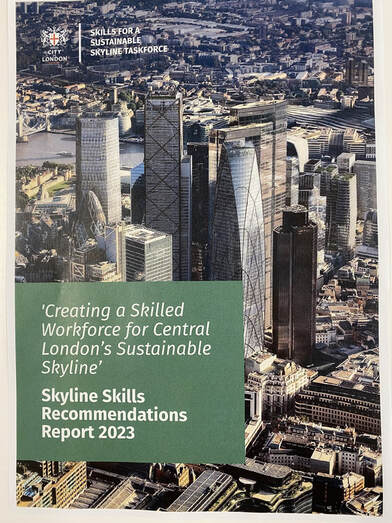 Skills for a Sustainable Skyline report and recommendations Skills for a Sustainable Skyline report and recommendations Even though we are eagerly awaiting the Blue Moon on 30th August, I doubt if we will be able to see the Indian spacecraft that has landed – not least because it is on the far side of the moon! So many cliches to play with suggests that I have had too much time on my hands over August. Fewer formal commitments and a couple of weeks away have allowed time to refresh and reflect as well as enjoy some interesting events. I spent a wonderful eight years as a trustee of the Old Royal Naval College Greenwich https://ornc.org/, where I oversaw the fundraising for the visitor centre and witnessed the cleaning and restoration of the west wall. It was great to return and see again the splendour of the Painted Hall and the magnificent ceiling and to bid farewell to Tony Hales as Chair of the Trust. Greenwich is definitely worth a visit. As a Past Master of the Plaisterers’ Livery, I have to laud the plasterwork by another Past Master, Henry Doegood. Without his exceptional work, the painting would have literally collapsed years ago. It was also good to share a visit to the London Museum of Water and Steam in Brentford https://waterandsteam.org.uk/ hosted by Past Master Water Conservator Rob Casey who volunteers as a guide. Also to view the film The Living Thames and meet its director Dorothy Leiper https://aquaeyemedia.org.uk/the-historic-thames/# . Do look online at the film and see her plans to film a sequel called The Historic Thames – you might like to donate to the crowdfunding. I was delighted that the Skills for a Sustainable Skyline Taskforce published its evidence-based report on the state of the construction and related industries and their preparedness for the new green skills needed to meet net zero. The Taskforce has operated for over a year to hone the thoughts and survey the main players. https://www.cityoflondon.gov.uk/assets/Business/skyline-skills-recommendations-report-pdf-9mb.pdf Over 300 organizations have joined the 'Skills for a Sustainable Skyline Taskforce,' including designers, construction firms, and education providers. The Taskforce emphasises the urgency of addressing the growing demand for sustainable commercial buildings. I am a member of the Steering Group and lead the smaller team that is considering how to engage policy makers including Government and Local Authorities. Recommendation 4 of the Report looks at how we need to reform section 106 (planning) policies, procurement processes and the Apprenticeship Levy. There are some great partners already, but we are keen to hear from anyone who works to help in this work. There has been a plethora of consultations over the summer from the City Corporation and others. All of them are trying to plan for a better environment or healthier living. I hope you can help and respond or just read and see what is possibly planned. A wonderful idea is to change the road system around St Martin’s Le Grand and Little Britain in what is called the St Paul’s Gyratory System. See the ideas for a new public space that will complement the existing Greyfriars Gardens and the route to St Paul’s Cathedral. Nearby there is a review of the gardens around Barber-Surgeons’ Hall and I visited them again so that I could be up to date in replying to the questions. https://news.cityoflondon.gov.uk/have-your-say-on-improvements-to-barber-surgeons-gardens/ More mundanely the City are consulting on a draft sexual and reproductive health strategy for the City https://news.cityoflondon.gov.uk/city-residents-and-workers-asked-to-give-views-on-sexual-and-reproductive-health-services/ A key offering to City residents and workers.
0 Comments
 South West Pacific Ocean South West Pacific Ocean Just a few months to COP28 (starting November 30th 2023) and I have been looking at what to expect or hope for from that conference. John Kerry the US climate envoy said recently that we need to separate the climate crisis from politics. That is not proving easy in the UK nor in the US. However, the issues at stake are more than national or domestic petty concerns but need to address the urgency of the impact of climate change and nature depletion. This summer has once again witnessed wildfires in Hawaii and in Canada that are devastating communities and natural habitat – further weakening the ecosystems of their neighbourhoods. COP28 should see the Global Stocktake (the scientific assessment) of emissions following the national pledges made in the Paris Agreement in 2015. Nations will need to assess where they are and redouble efforts to reduce emissions and build resilient and secure energy systems without fossil fuels. The President-designate of COP28, Dr Sultan Al Jaber, is calling on nations to triple the production of renewable energy and to double hydrogen production by 2030. Dr Al Jaber is founding his programme on 4 pillars - being fast-tracking the transition to a low-carbon world; fixing climate finance; focusing on people, lives and livelihoods; and full inclusivity. The four Fs. These are excellent aims but need to be seem pragmatically and practically. The UN Climate Chief Simon Stiell states that there also needs to be a clear route to phase out/stop fossil fuel subsidies if progress is to be made. This is somewhat dissonant to a COP28 hosted by the UAE but they are a key party to any decisions. COP27 set in motion the creation of the loss and damage fund to provide financial assistance to poorer nations as they deal with the negative consequences that arise from the unavoidable risks of climate change - for example: rising sea levels, extreme heat, wildfires, crop failures etc. The funding will help vulnerable nations to rebuild the necessary physical and social infrastructure. A Transition Committee has been meeting during this year to establish what this means and outlining a roadmap. They have called for evidence from States as to what impact climate has had and how funding would help. For example, the impact on the Sami people of Finland and surrounding countries where the region is warming three times faster than the global average; the impact on the border between Uganda and the Democratic Republic of Congo where the river divides the nations and the course is changing opening up potential armed conflict. And in Fiji where major community relocations have had to be implemented as sea level rise in the South West Pacific is 2 – 3 times the global average. More case studies here https://unfccc.int/process-and-meetings/bodies/constituted-bodies/transitional-committee/case-studies Private finance has an important role. Indeed, the UK’s own green strategy relies heavily on this collaboration between Government and the private sector to drive the changes and create the growth in our economy that will follow. The City of London are promoters of the work that businesses and organisations such at the Green Finance Institute are undertaking. Obvious other areas that will be discussed at COP28 include the vexed question of the Voluntary Carbon Market and how robust it can be considered and whether it can assist the vulnerable nations. Nature and biodiversity have two days on the agenda with the Just Transition having one day. These are such important areas in themselves and I am reminded of the view that resolving climate change is critical to achieving all of the aims in the Sustainable Development Goals. The fact is that there is still all to play for at COP28. |
Details
AuthorAlison Gowman Archives
January 2024
Categories
All
|
Follow Alderman Alison Gowman on Twitter: https://twitter.com/GowmanAJ
Alison Gowman: As an elected Alderman within the City of London: https://democracy.cityoflondon.gov.uk/mgUserInfo.aspx?UID=229
Privacy policy: https://www.alisongowman.org/privacy.html
Cookie policy: https://www.alisongowman.org/cookies.html
Terms & conditions of website usage: https://www.alisongowman.org/tandc.html
Alison Gowman: As an elected Alderman within the City of London: https://democracy.cityoflondon.gov.uk/mgUserInfo.aspx?UID=229
Privacy policy: https://www.alisongowman.org/privacy.html
Cookie policy: https://www.alisongowman.org/cookies.html
Terms & conditions of website usage: https://www.alisongowman.org/tandc.html

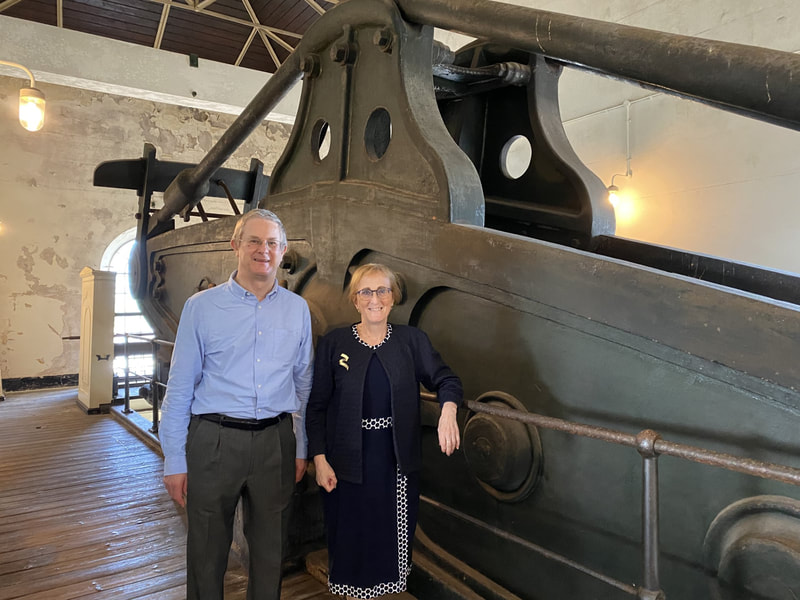

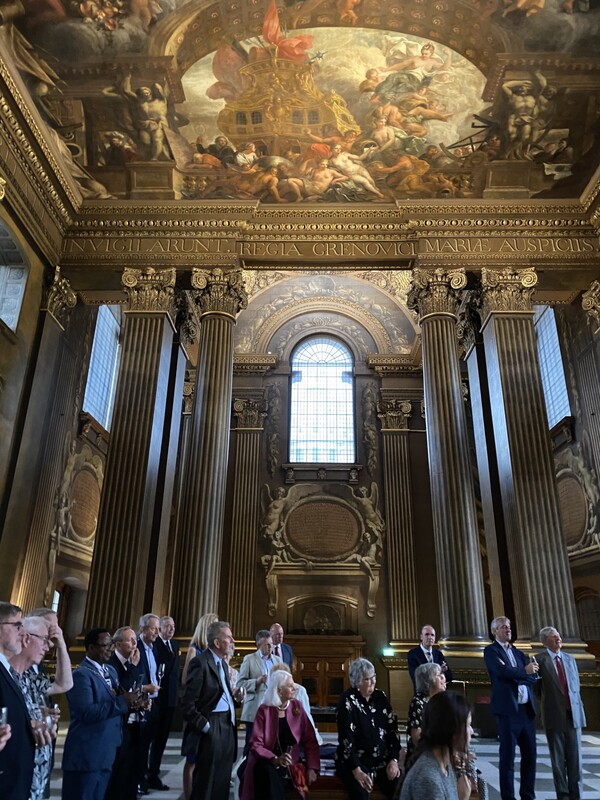
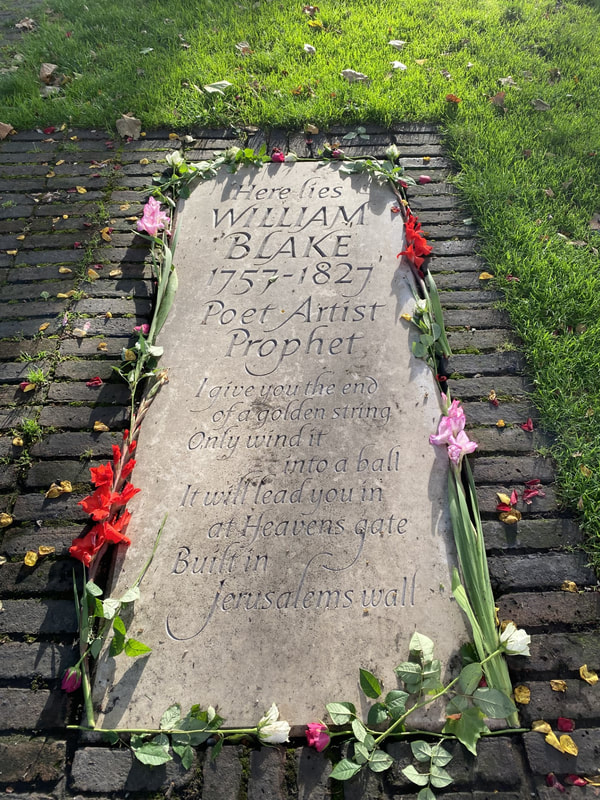
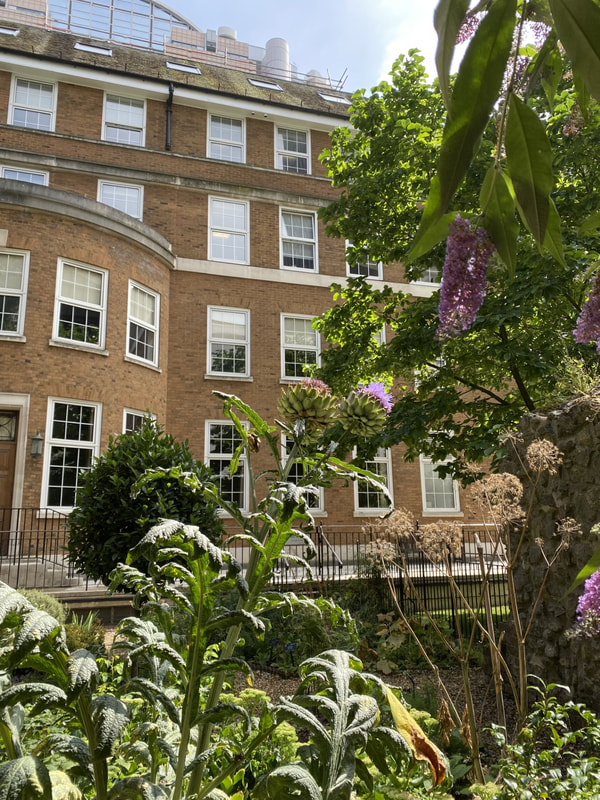
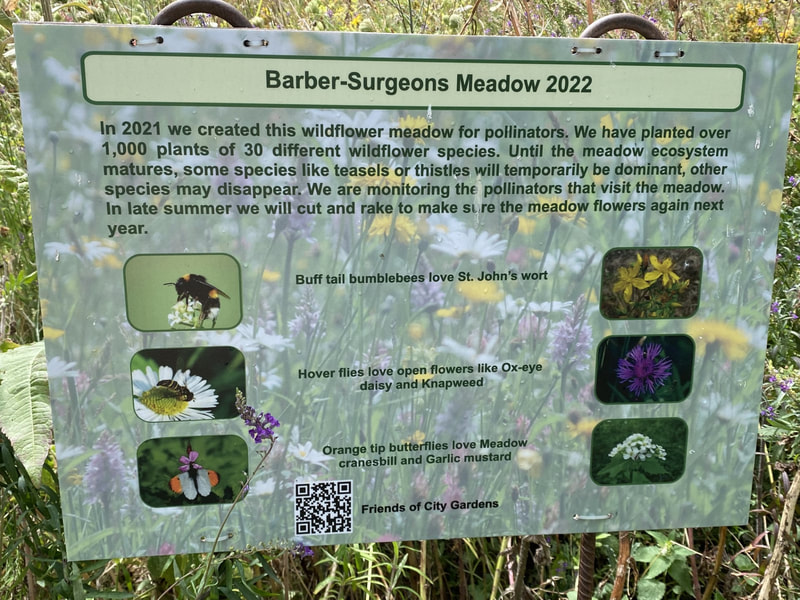
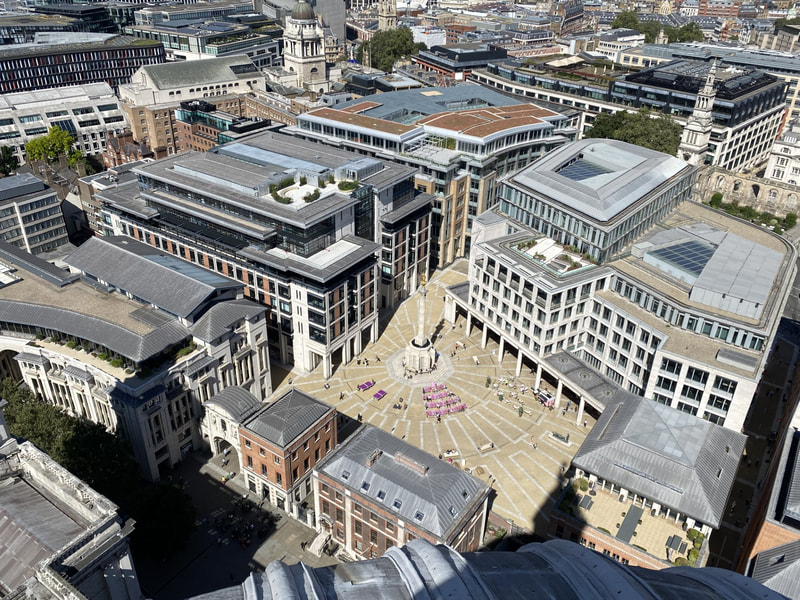
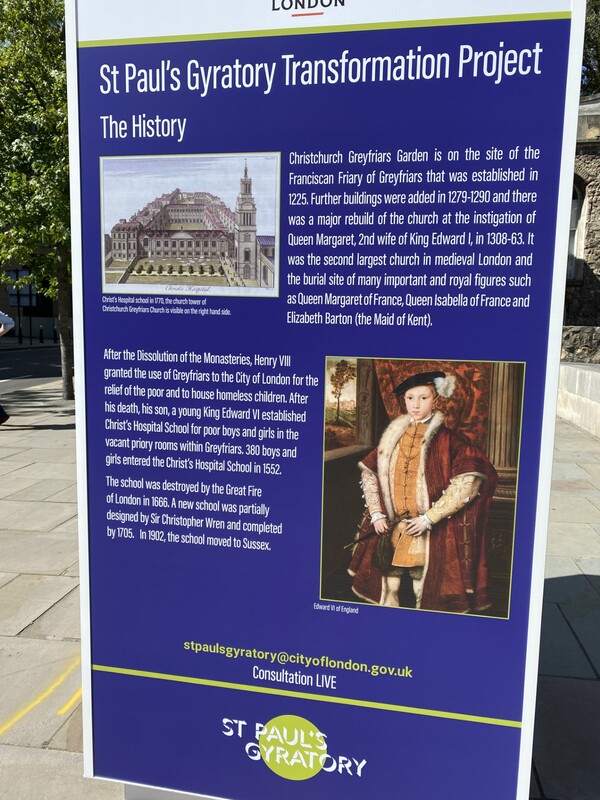
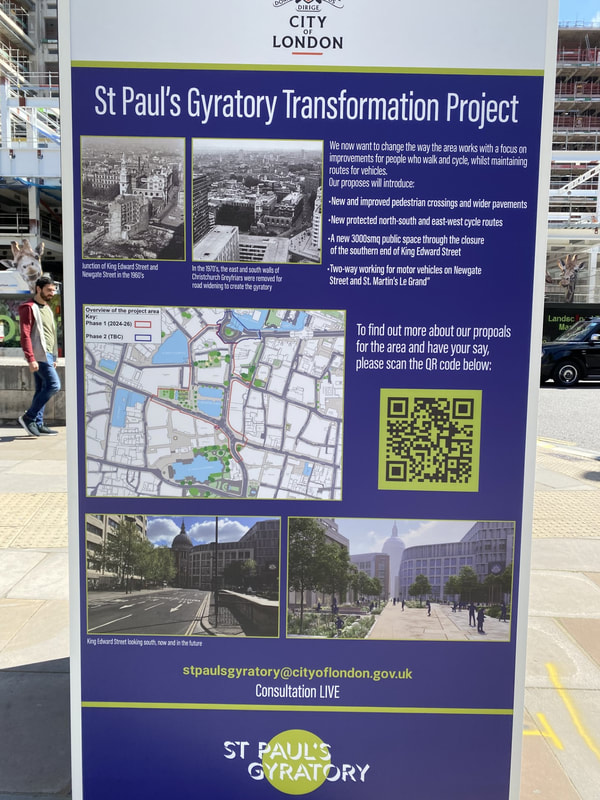
 RSS Feed
RSS Feed